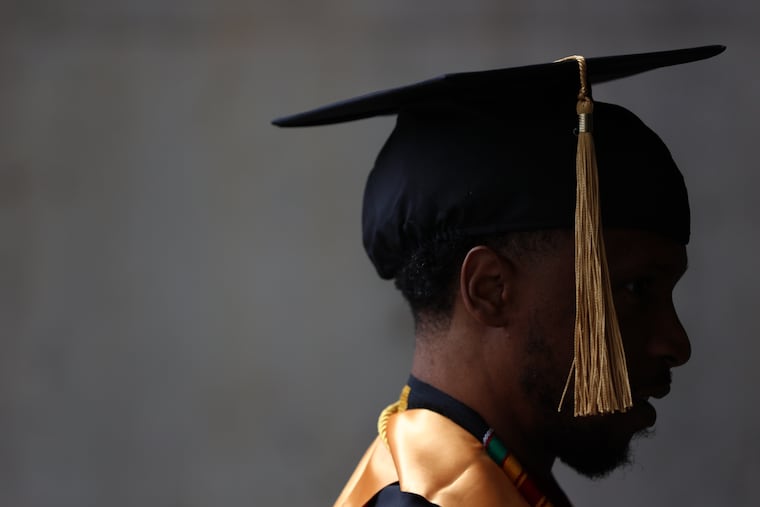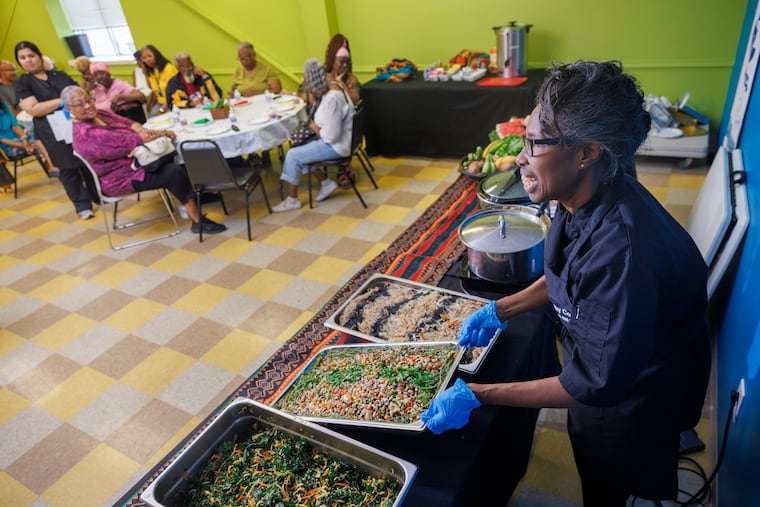Community colleges can support professors as higher education faces challenges.
The Community College of Philadelphia (CCP) stands as a pivotal institution capable of significantly enhancing the city’s economic and social landscape. It serves as an essential educational resource for individuals seeking to improve their economic circumstances through access to quality training and education. However, to fulfill its potential, CCP requires increased funding, attention, and resources from both local and state government entities.
CCP is aptly dubbed “the People’s College,” as it caters to a diverse student population, most of whom hail from Philadelphia. The college plays a crucial role in training various professionals who contribute to the community, including technicians, healthcare workers, educators, and city officials. Importantly, many of its graduates choose to remain in the city, thereby bolstering the local workforce.
While some may argue that the innovation and progress in the region stem from four-year institutions, this perspective overlooks the essential contributions made by community colleges. CCP provides flexible and affordable pathways to employment, addressing the growing need for skilled labor in multiple sectors. Some of its certificate and associate degree programs yield employment and earnings outcomes comparable to those of bachelor’s degrees. In fact, research indicates that attending community college not only enhances job prospects but also improves overall health and well-being, which translates to lower social service and healthcare costs for local taxpayers.
Despite its critical role, CCP faces significant financial hurdles. Public two-year community colleges in Pennsylvania typically receive about half the funding per student compared to their four-year counterparts. The current funding model relies on contributions from the city, state, and student revenue, ideally divided equally among these sources. Yet, CCP has faced continued shortfalls from both governmental entities, leading to an increased financial burden on students. For the 2023-24 academic year, student-generated revenue was approximately million, contrasted with the state’s million and the city’s million contributions.
Compounding this issue is the socioeconomic background of the majority of CCP students, who predominantly come from families earning less than ,000 a year. These students often grapple with a lack of financial aid, making it challenging to cover basic living expenses while pursuing their education. The need for political and systemic reform is evident, as neglecting these issues could lead to a worsening financial crisis for the institution and its students.
In light of CCP’s significance for Philadelphia’s future workforce, there is an urgent need for city and state officials to respond adequately. Hospitals, schools, and local businesses desperately require trained personnel prepared to meet the demands of a changing economy. Investing in CCP represents an opportunity to foster meaningful pathways to living-wage jobs, while also addressing the broader economic challenges facing the area.
The stakes are substantial. Inadequate support for community college education disproportionately hampers the most vulnerable populations, often leaving them without the resources needed to succeed. As Pennsylvania ranks low in higher education funding, collective action from community members, educators, and leaders is essential to advocate for the necessary investments in CCP.
Community College of Philadelphia continues to strive for the betterment of its students and the wider community. With increasing attention to its needs, CCP can amplify its impact and help address the pressing workforce demands that stand at the forefront of Philadelphia’s future. Stakeholders—the city, the state, and community members—must rally to ensure that this essential institution receives the recognition and support it rightly deserves.







